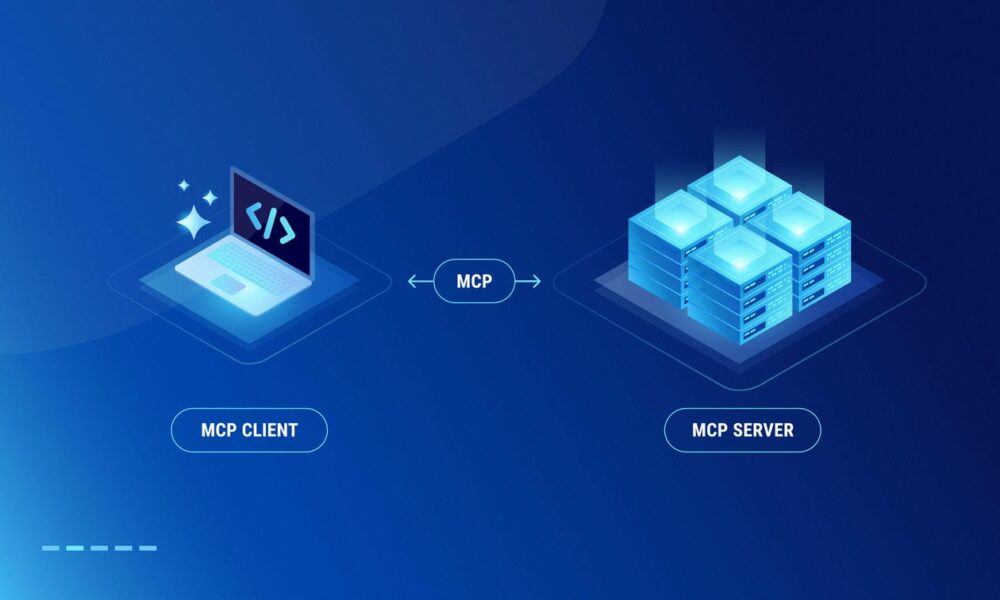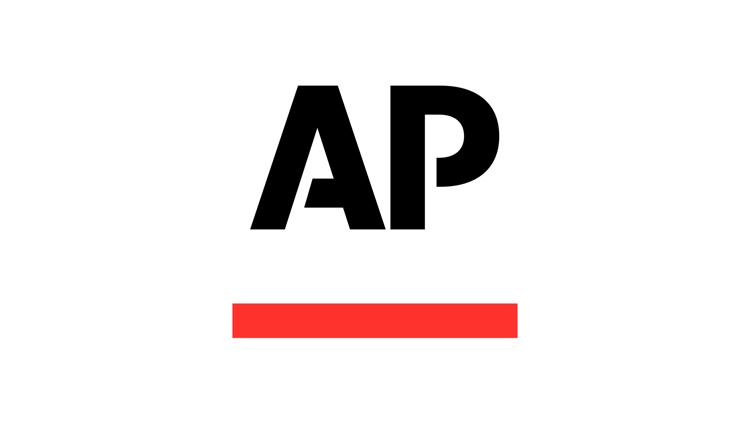URGENT UPDATE: Anthropic’s revolutionary Model Context Protocol (MCP) is quickly gaining traction as a vital tool for integrating AI applications in enterprise settings. As of now, this open-source protocol, designed to connect AI systems with databases and web services, is poised to reshape how organizations manage AI integration.
In the rapidly evolving tech landscape, CIOs must pay attention. MCP is becoming a universal connector for AI systems, and its influence is expanding beyond the AI development community. Early adopters, including Apaleo, are already witnessing substantial operational improvements. This is just the beginning, as MCP is set to redefine the landscape of enterprise AI systems.
So, what exactly is MCP? This innovative protocol utilizes a client-host-server architecture, allowing AI applications to act as the “client” while external systems expose MCP “servers” that provide essential resources. Experts are calling it a groundbreaking standard for “AI-native integration.” While traditional APIs remain essential, MCP enhances their capabilities, enabling more dynamic and context-aware connections critical for next-generation AI systems.
The emergence of agentic AI—autonomous systems that independently pursue goals—is a key driver behind MCP’s rapid adoption. Unlike standard APIs, MCP facilitates persistent connections necessary for these advanced AI systems. As businesses increasingly adopt MCP, the integration of internal systems and data becomes more efficient.
In the hospitality sector, several mid-sized hotels have adopted Apaleo’s MCP server, simplifying the integration of AI agents with existing systems. With over 2,000 properties using this technology, including well-known names like CitizenM, these hotels are leveraging AI agents to streamline operational workflows. For instance, AI agents analyze booking trends and automate financial reporting, significantly improving efficiency.
Stephan Wiesener, CTO of Apaleo, emphasizes the transformative impact of MCP: “Early adopters are seeing AI agents connected to the MCP server driving efficiencies across various operational areas, including revenue management and corporate sales.” This technology reduces manual labor, allowing staff to focus on higher-value tasks.
As MCP’s reputation grows, so does its potential for broader application across various industries. Experts describe MCP as occupying a “consequential middle ground” in the tech landscape. Joseph Ours, partner at Centric Consulting, notes that while the protocol is a solid standardization approach, its implementation varies significantly among developers.
However, the momentum behind MCP is undeniable. With major players like OpenAI and Google DeepMind integrating MCP into their platforms, the protocol is on track to become the standard for connecting AI systems to external data. In March 2025, OpenAI announced the integration of MCP into its ChatGPT desktop app, followed by Google DeepMind in April, signaling a significant shift in the industry.
Experts suggest that MCP could be the “USB-C of LLMs.” As the protocol gains traction, it disrupts traditional models of software access, allowing users to interact with AI systems more intuitively. Instead of navigating complex applications, users can achieve their goals through simple conversations with AI agents.
The future looks bright for MCP as it continues to gain traction and reshape the AI landscape. Tom Taulli, an AI consultant, underscores the significance of MCP’s rapid adoption: “Once a protocol reaches this level of acceptance, it is challenging to displace.”
As developments unfold, CIOs and business leaders must stay informed about MCP’s capabilities and the ongoing transformation of AI integration. The time to act is now—MCP could be the key to unlocking the full potential of autonomous enterprise AI.







